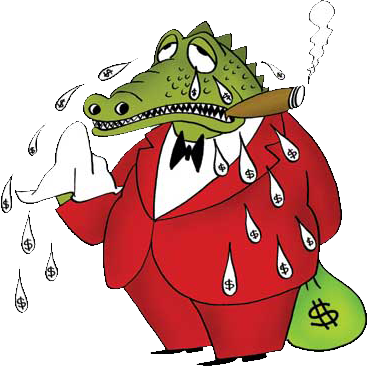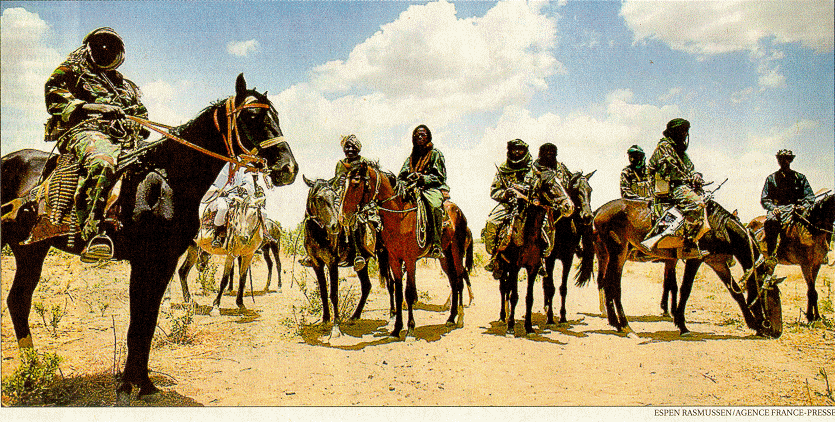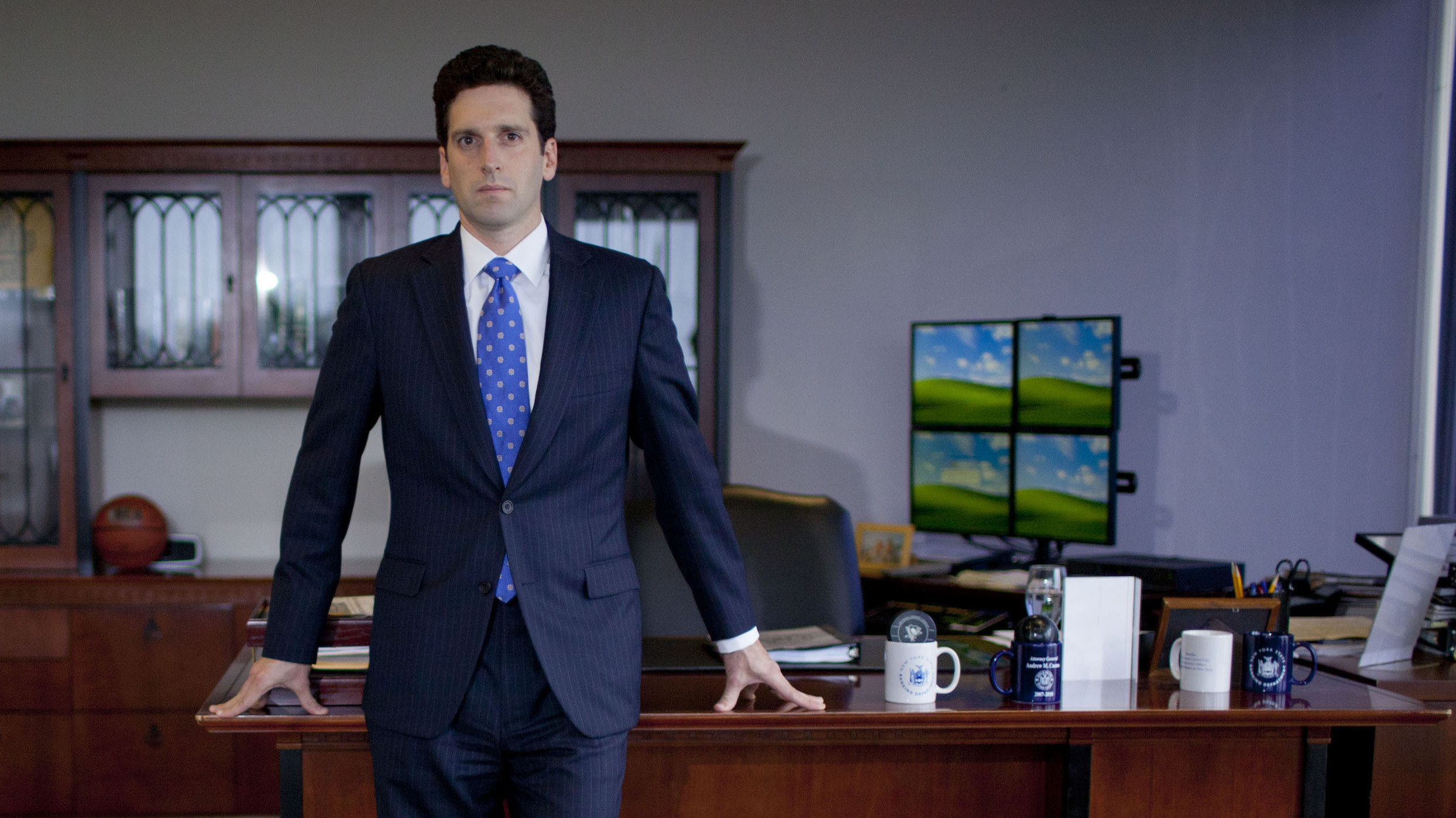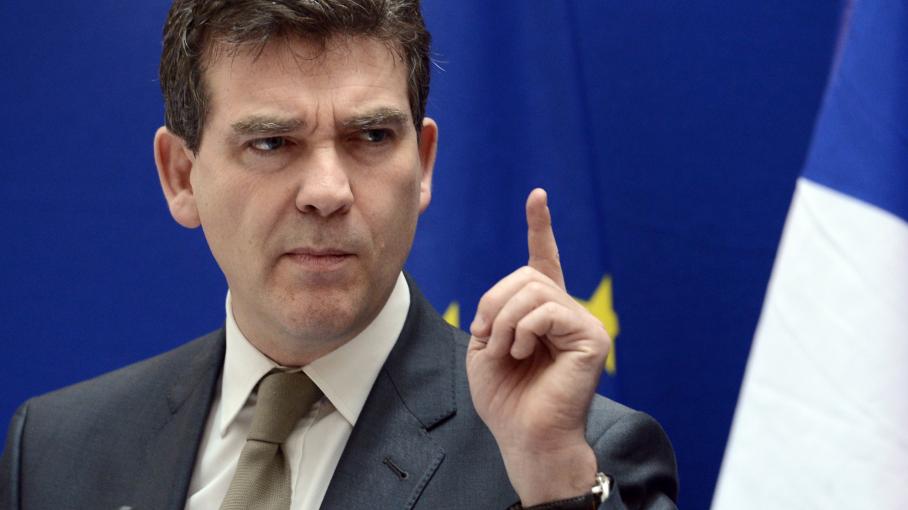 The recent out of court deal between US authorities and the French bank BNP Paribas have raised eyebrows within the global banking community about whether the punishment for providing banking facilities to the totalitarian regime in Sudan is proportionate with the billions of US dollars that the bank must now pay out to settle the matter – equivalent to about a year’s profit.
The recent out of court deal between US authorities and the French bank BNP Paribas have raised eyebrows within the global banking community about whether the punishment for providing banking facilities to the totalitarian regime in Sudan is proportionate with the billions of US dollars that the bank must now pay out to settle the matter – equivalent to about a year’s profit.
Perhaps not one of its finest hours, the French bank has been forced to admit helping the Sudanese Government sell oil, clearing proceeds through New York in direct violation of US sanctions.
At that time, Sudanese Government-backed militias in the region of Darfur were massacring innocent civilians on an industrial scale; hardly the backdrop for providing banking facilities and making a handsome profit in the process.
And yet that’s exactly what BNP Paribas did. Most of the money it helped to channel to Sudan went to the army, which in turn used the cash to finance carnage, rape and pillage.
In the immediate aftermath of the crisis in Darfur, in 2006 BNP’s Swiss branch held around half of Sudan’s foreign-currency assets. Sudan’s president later became the first sitting national leader to be charged with war crimes by the International Criminal Court.
 Given that bankers’ morals and ethical behaviour has been under intense scrutiny since the global financial meltdown in 2008, it’s breath-taking that BNP Paribas thought it could continue to get away with its deception in the first place.
Given that bankers’ morals and ethical behaviour has been under intense scrutiny since the global financial meltdown in 2008, it’s breath-taking that BNP Paribas thought it could continue to get away with its deception in the first place.
In spite of French politicians’ predictable squeals of anti-French sentiment being shown by the Americans, the fact that BNP Paribas has been made to pay so dearly should deter other bankers from thinking they too can act with impunity.
In my view BNP Paribas has got off lightly as the matter has been settled out-of-court with the regulators and prosecutors rather than before a judge that could have effectively closed down the bank for good by removing its US licence to operate – a death sentence for an international bank.
 But bankers don’t always see it this way and BNP Paribas is plaintively seeking forgiveness by claiming it technically hadn’t broke any European laws whilst serving as groom to the horsemen of Dafur’s apocalypse.
But bankers don’t always see it this way and BNP Paribas is plaintively seeking forgiveness by claiming it technically hadn’t broke any European laws whilst serving as groom to the horsemen of Dafur’s apocalypse.
But such arguments simply expose just how morally bankrupt the bank had become. Accepting that the underlying transactions had nothing to do with America, they became relevant to the US authorities because these transactions were denominated in dollars they had to be cleared in New York.
BNP’s bosses were given ample warning by their own internal auditors and lawyers of the risks it was taking in colluding with the Sudanese Government and when matters came to a head in 2007, the bank simply failed to bring the whole process to a halt and continued to provide banking facilities despite taking the decision not to do so.
 It’s extremely difficult to have any sympathy for the bankers but accusations are now being raised that Benjamin Lawsky, New York’s politically-ambitious banking regulator has in some way abused his power by dictating terms to BNP and to make the out-of-court settlement as big as possible because the agencies involved divvied up much of it among themselves – with Lawsky’s outfit getting $2bn, four times its annual budget, which it triumphantly deposited in New York State’s depleted coffers.
It’s extremely difficult to have any sympathy for the bankers but accusations are now being raised that Benjamin Lawsky, New York’s politically-ambitious banking regulator has in some way abused his power by dictating terms to BNP and to make the out-of-court settlement as big as possible because the agencies involved divvied up much of it among themselves – with Lawsky’s outfit getting $2bn, four times its annual budget, which it triumphantly deposited in New York State’s depleted coffers.
However such cries of foul play are ridiculous as if BNP bosses felt they could receive justice before a judge they should have taken their chances and appeared in court to answer in a very public way the reasons for their actions and to argue the level of culpability that was commensurate with their crimes.
But they choose not to.
Bankers can complain that they feel victimised by a process where there are no meaningful checks and of course no plausible procedure for BNP to appeal. But then BNP decided not to risk having the matter heard in court.
 France’s minister Arnaud Montebourg has compared America’s pursuit of BNP to “economic warfare”.
France’s minister Arnaud Montebourg has compared America’s pursuit of BNP to “economic warfare”.
I doubt that there are few people reading this blog that would have any sympathy for a bank that catered to mass murderers and then cried it had itself become a victim of the failure of due process.
In a leader column, The Economist observed: “Any process that can make BNP’s dealings with Sudan look anything less than shameful must be very flawed indeed.”














Recent Comments